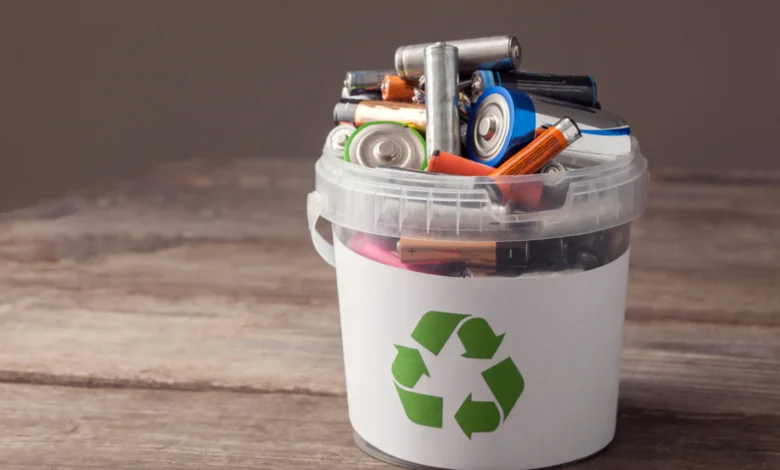Lithium Battery Recycling: What You Should Know

As more people shift to solar power and off-grid setups, the use of lithium batteries has exploded, and for good reason. They’re efficient, reliable, and built to last. But like all things, they eventually reach the end of their life. The big question is: what do you do with them then?
Throwing them out with regular trash isn’t just wasteful, it can be dangerous. That’s where recycling comes in.
Why It Matters
Most lithium batteries contain materials like cobalt, nickel, and lithium itself. These aren’t just rare, they’re expensive and energy-intensive to mine. When a battery dies, those metals don’t just disappear. They can be recovered and reused in new products.
However, more importantly, disposing of an old battery in a landfill can lead to serious issues. Over time, these batteries can leak harmful substances, and in some cases, even catch fire. Responsible disposal isn’t just about being eco-friendly, it’s about staying safe.
Not All Batteries Are the Same, And That’s a Good Thing
One detail that often gets overlooked is how a battery is designed. Some are tightly sealed and difficult to disassemble, which makes recycling more challenging. Others, like stack-mounted lithium batteries, are modular and much easier to handle when it’s time to recycle or repair them.
Stackable designs are gaining traction in the solar space because they are practical. They save space, allow users to scale their system easily, and bonus they’re easier for recyclers to process. That’s a win across the board.
How to Get Your Battery Ready for Recycling
While most lithium batteries last 5 to 10 years, it’s still worth knowing how to handle them responsibly at the end of their life. When it’s time to recycle, make sure the battery is fully discharged, remove any accessories, and follow local guidelines for drop-off or brand take-back programs.
Some brands like EPEVER, are already a step ahead. They design batteries with recyclability in mind, and many of their products are modular and easy to maintain throughout their lifespan.
What the Law Says (and Where It’s Going)
Battery recycling laws vary across the globe, but some regions are leading the way in environmental responsibility. For instance, the European Union has strict regulations under the Battery Directive, requiring manufacturers to take back used batteries and ensuring that recycling processes recover valuable metals like lithium and cobalt. These policies not only reduce landfill waste but also support a more circular economy by minimizing the need for new raw materials.
In the United States, states like California and New York have introduced mandatory recycling programs and drop-off points, making it easier for consumers to dispose of batteries safely. These initiatives help prevent hazardous materials from contaminating soil and water while encouraging innovation in clean energy storage.
At the same time, battery recycling technologies are rapidly evolving—new processes are making it more efficient and cost-effective to recover usable materials. Some governments even offer incentives or rebates for returning used batteries, giving consumers another reason to choose sustainability.
As global awareness of e-waste grows, more countries are expected to follow suit, making responsible battery disposal not just a good idea, but a legal requirement.
Wrapping Up
When homeowners invest in lithium batteries, their priorities often center around performance, cycle life, capacity, and warranty. But eventually, every battery reaches the end of its usable life, and knowing what to do next matters.
Once that time comes, it’s a good idea to contact the manufacturer first to check if they offer a take-back or recycling program. Many reputable brands provide safe disposal options or work with certified partners.
If that’s not available, look for licensed e-waste or battery recycling centers in your area. A certified provider will ensure proper handling of hazardous materials and help recover valuable resources for reuse, contributing to a more sustainable energy ecosystem.
If you’re looking for smart, long-term energy solutions that are as practical as they are responsible, take a look at EPEVER. Their lithium battery lineup offers scalable, stackable options that are built to last, and easy to recycle when the time comes.




